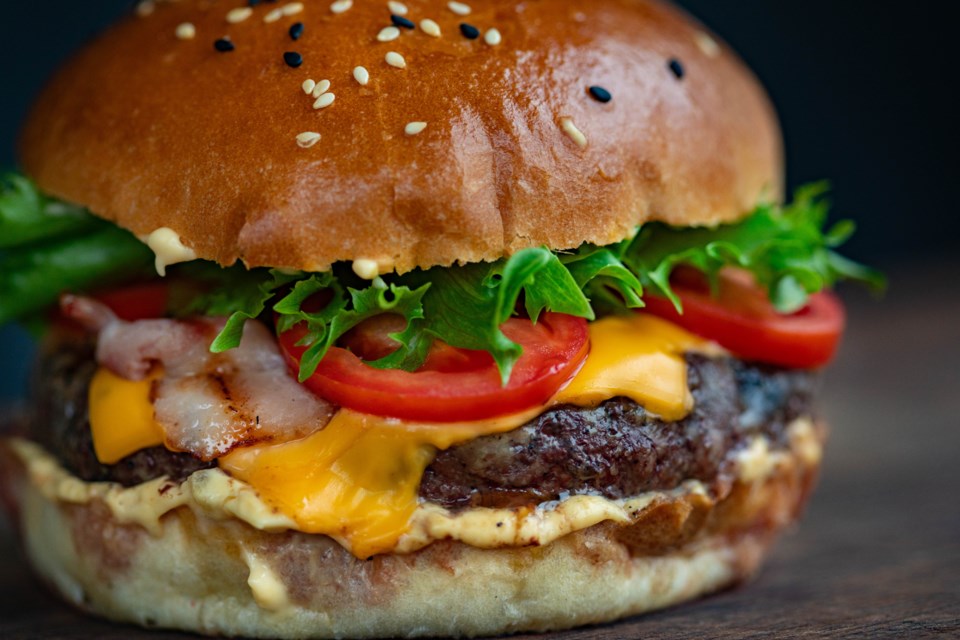In the last two or three years, it's become increasingly common for retail payment systems in fast food restaurants to cue customers to offer tips as high as 30 per cent.
It's an option to choose not to, of course, but that can feel awkward, and more than a few customers have wondered why they're being asked to subsidize a business's payroll, this being the kind of thing that should be taken care of without customers having to worry overmuch about it.
But 'tip creeping' or 'tip inflation' seems to be with us for now, even in situations that don't involve a human — in a U.S. airport recently, a self-serve vending machine asked a traveller for a tip.)
Tipping is a cultural and interpersonal minefield, with many more people inclined to explain their idea of the rules than people who have the same idea of the rules are. Are they a mandatory surcharge — in which case, why not build them into the price? — or an incentive for exceptional service, in which case why are they a norm?
In a recent online poll, we asked if you tip at fast food or food pickup restaurants. Some 76 per cent of you said no.
Women were somewhat more likely to than men:
There is, maybe, a small relationship with age, but to the extent it's there it's not that dramatic:
However, there is a clear relationship with party affiliation, with PC voters least likely to tip in these situations, and New Democrats the most likely:
Interestingly, for an issue that is so connected to issues of power and fairness in a workplace, there is no relationship with a history of union membership:
There is perhaps a very mild relationship with income, but only with the highest bracket, which perhaps makes sense:
More likely to tip in this situation: people who say the federal government made the right call with the Emergencies Act, people with tattoos, people who think that people should be allowed to work at home if they want to.
